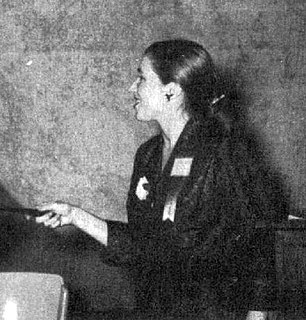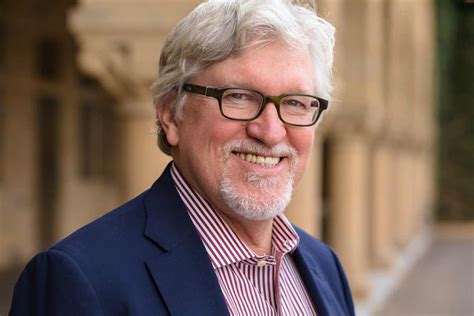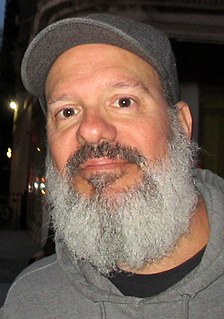A Quote by Michael Connelly
One of the great things about fiction is you can use an issue and describe it in human terms.
Related Quotes
Of course the issue of ending war, and creating prosperity; they're overarching issues all the time. But right now, the challenge to this generation I believe is the climate crisis. It's a national security issue, it's a health issue in terms of clean air, it's a competitiveness issue in terms of innovation and it's a moral issue to preserve the planet for the next generation.
I want my music to be something that people use in order to access parts of themselves. So in that sense, every piece I write is about all emotions at once, about the lines in between. It's never only about one thing or another. It's emotionally getting at those things that we can't really describe - things for which we don't have labels. So yes, it's about something, and it has a use. It's neither about nothing nor about something concrete - it's about what you bring to it as a listener.
Creative non-fiction is such a liberating genre because it allows the non-fiction writer, whether he or she be journalist or essayist, to use all of the techniques of the fiction writer and all of the ideas, creative approaches, that fiction writers get a chance to use, but they have to use it in a true story.
Science fiction properly conceived, like all serious fiction, however funny, is a way of trying to describe what is in fact going on, what people actually do and feel, how people relate to everything else in this vast sack, this belly of the universe, this womb of things to be and tomb of things that were, this unending story.
There's a lot of good that's done for society in building businesses, but it's also great to be involved in those things where you can be connected to the community, to the world, and think about how you can use what you're creating, both in terms of your personal skills as well as your products or services to do good things for others.
Because I think whenever you sit down with another human being who would absolutely disagree with you on every issue, you learn about them as a person and you relate, in human terms, and it's much more difficult for either side to dismiss out of hand, like that person's a freak, that person's a Nazi.


































